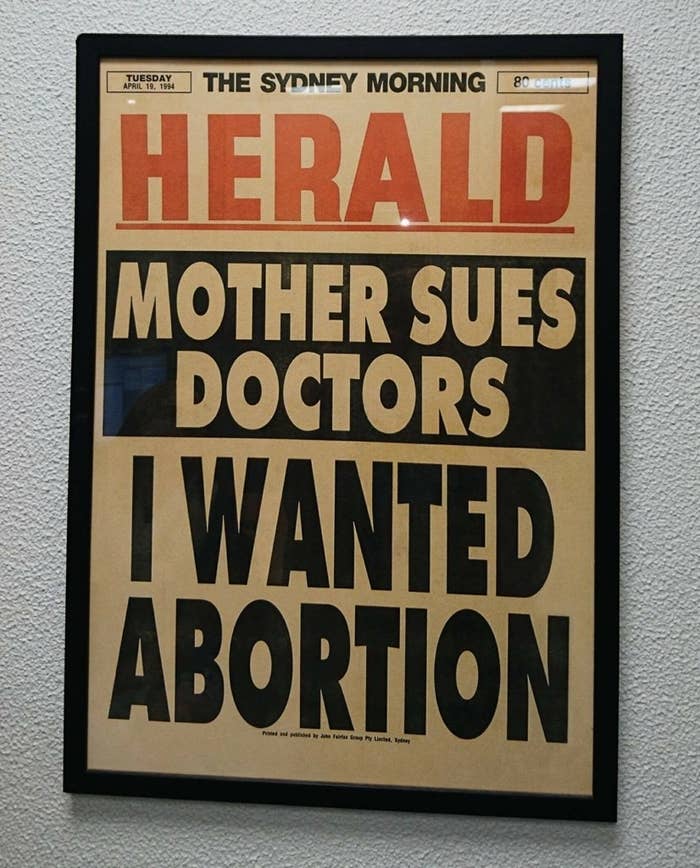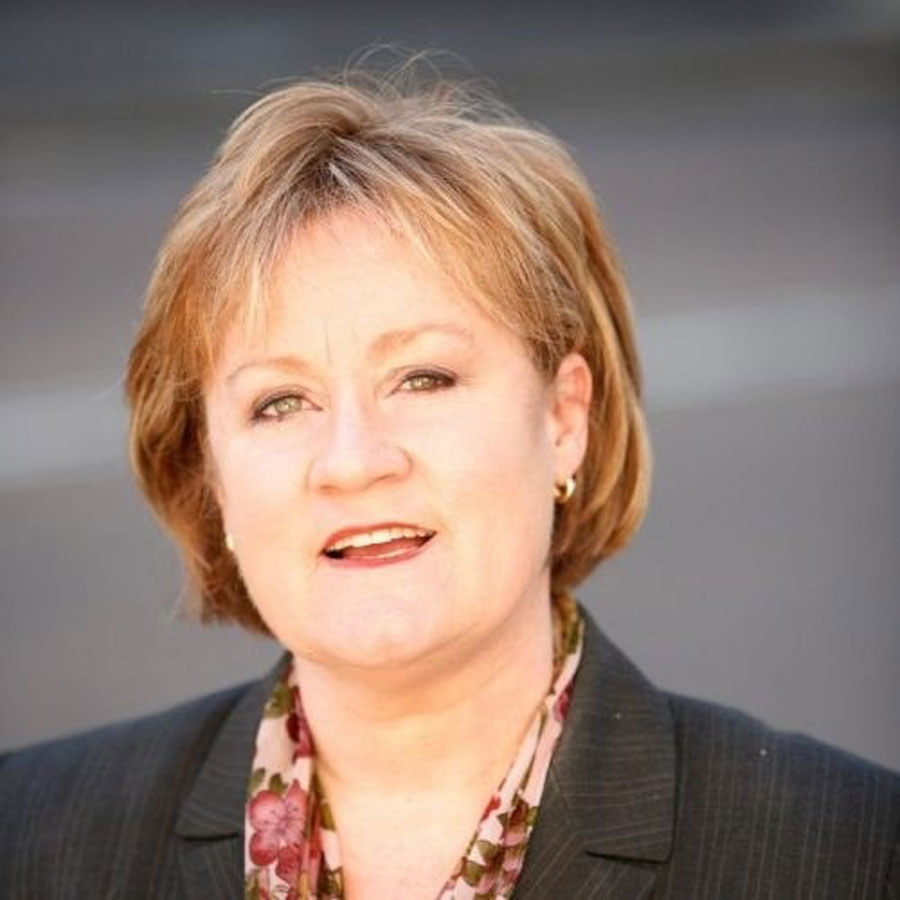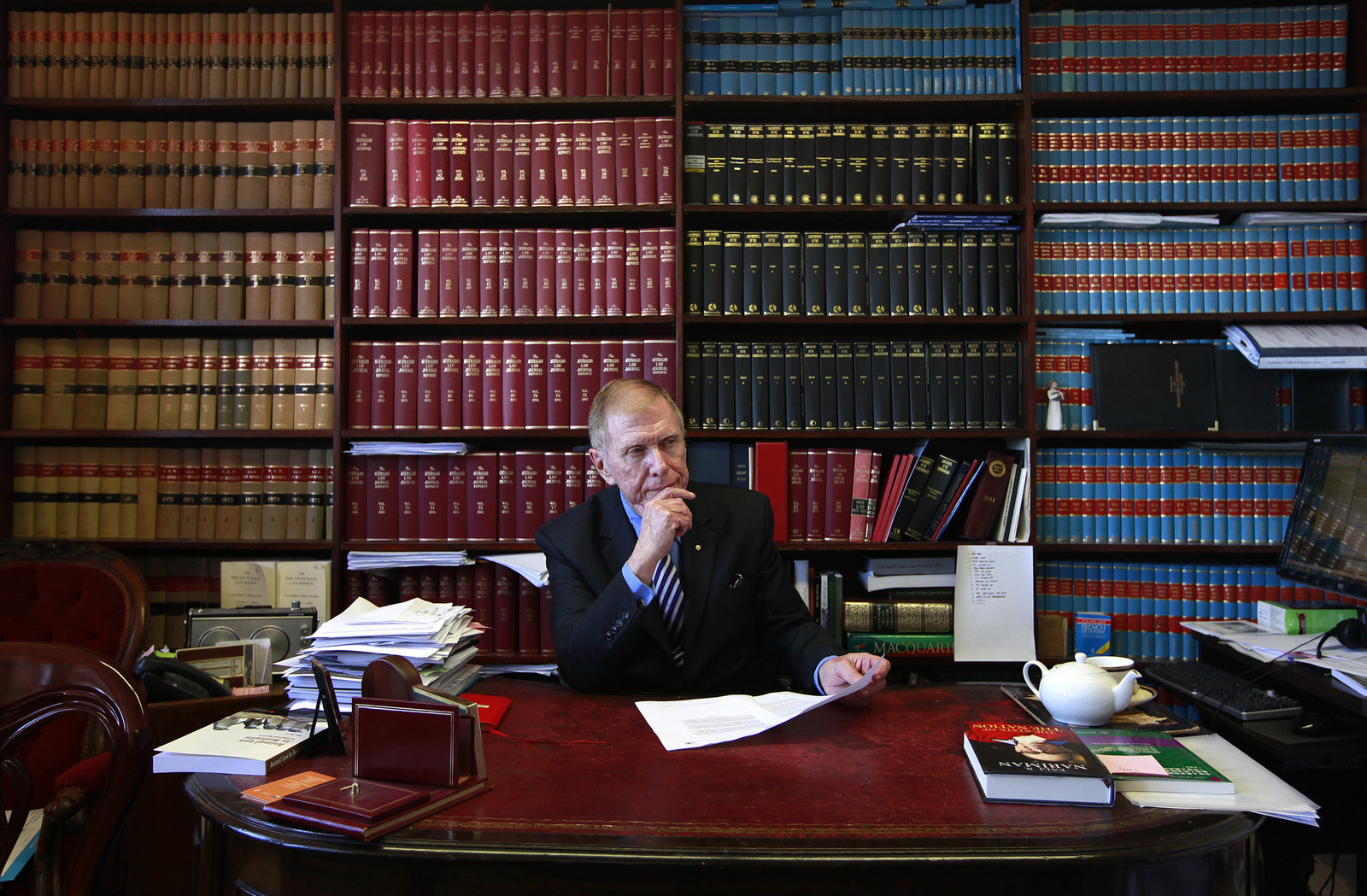In 1994 a young woman visited a NSW medical practice to confirm her unwanted pregnancy.
Five different doctors at the clinic each told the woman, who came to be known by her initials CES, she was not pregnant. By the time the pregnancy was finally confirmed by a sixth doctor she was 20 weeks pregnant and told by doctors that abortion was not an option.
"She was incredibly distressed, she was young and a student without a career or established job or relationship so she wanted to sue the practice for the lost opportunity to have an abortion," her then lawyer, Catherine Henry, told BuzzFeed News.
What should have been a medical negligence case then escalated into a "landmark case about the legal status of abortion", in which the Catholic Church intervened.

Abortion remains in the NSW Crimes Act and a termination of pregnancy is only lawful if a doctor believes it is necessary to prevent a serious risk to the life or health of a woman.
When CES tried to sue the doctors' clinic, Superclinics, the judge, a "Catholic and social conservative" according to Henry, "changed the slant of the case" to determine whether or not she would have been committing a crime procuring an abortion.
Superclinics' lawyers "leapt" on this line of questioning, referring to a 1991 case in which burglars were injured during a bank robbery and were unable to recover funds because they were committing a crime at the time of the incident.
They argued that if CES was committing a crime - terminating her pregnancy - she should not be compensated for the birth of a child she did not want.
The judge ultimately declined to award CES compensation because he ruled there was not negligence as she wanted to pursue an "illegal" activity.
"People were aghast and it was really destablising for [reproductive health care providers] because people were ringing up scared they would be whacked with a summons under the Crimes Act for having an abortion," Henry said.

CES appealed her case to the High Court where the Australian Catholic Health Care Association lodged a 37-page application expressing concern about the association's potential liability if the hospitals it ran continued to refuse to provide information about how and where to obtain an abortion.
Three High Court judges voted for and three against the church being admitted to the case so Chief Justice Brennan used his casting vote to allow the church's admission.
CES won the appeal by a majority of three judges but only to recover the costs involved in the pregnancy and birth. The cost of raising the child was dismissed.
Only Justice Michael Kirby would have upheld the claim to the cost of raising a child.

Another judge on the panel of three, Justice Meagher, rejected the appeal because he believed that such a claim for damages was "utterly offensive; there should be rejoicing that the ... mistake bestowed the gift of life upon the child".
"This is a wrongful births case but the judge was basically saying 'you shouldn't come to the court asking to be compensated for this child, which will give you joy and love and do interesting things and look after you in your old age'," Henry said.
"These cases aren't about love they are about money and this woman was entitled to be put in the place where she would have been if the negligence had not happened and the current estimations are that the cost of a child is around $1 million over a lifetime."
A bill to decriminalise abortion, enact safe access zones around clinics and force doctors who conscientiously object to abortion to refer women to a doctor who doesn’t, was this month introduced to NSW parliament by Greens MP Mehreen Faruqi.
"There have been prosecutions of women and doctors in Queensland, NSW and Western Australia in the last 20 years and it highlights to me how the second most commonly performed therapeutic procedure can be potentially impacted by political will," Henry said.
"We don't have abortion on demand and we never have so I don't think the political environment should give any rise to any comfort or complacency."
